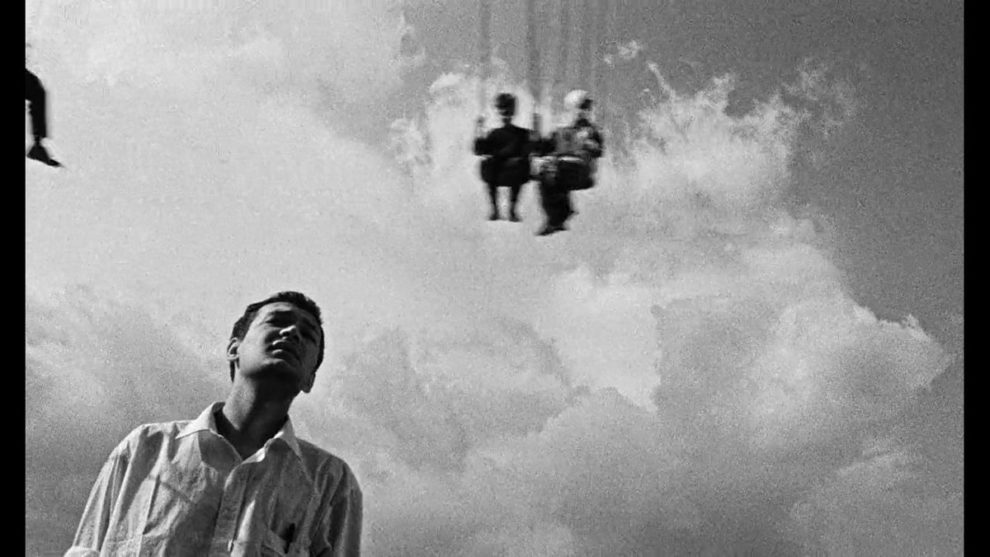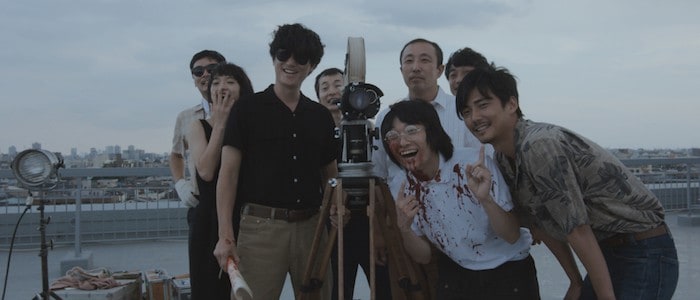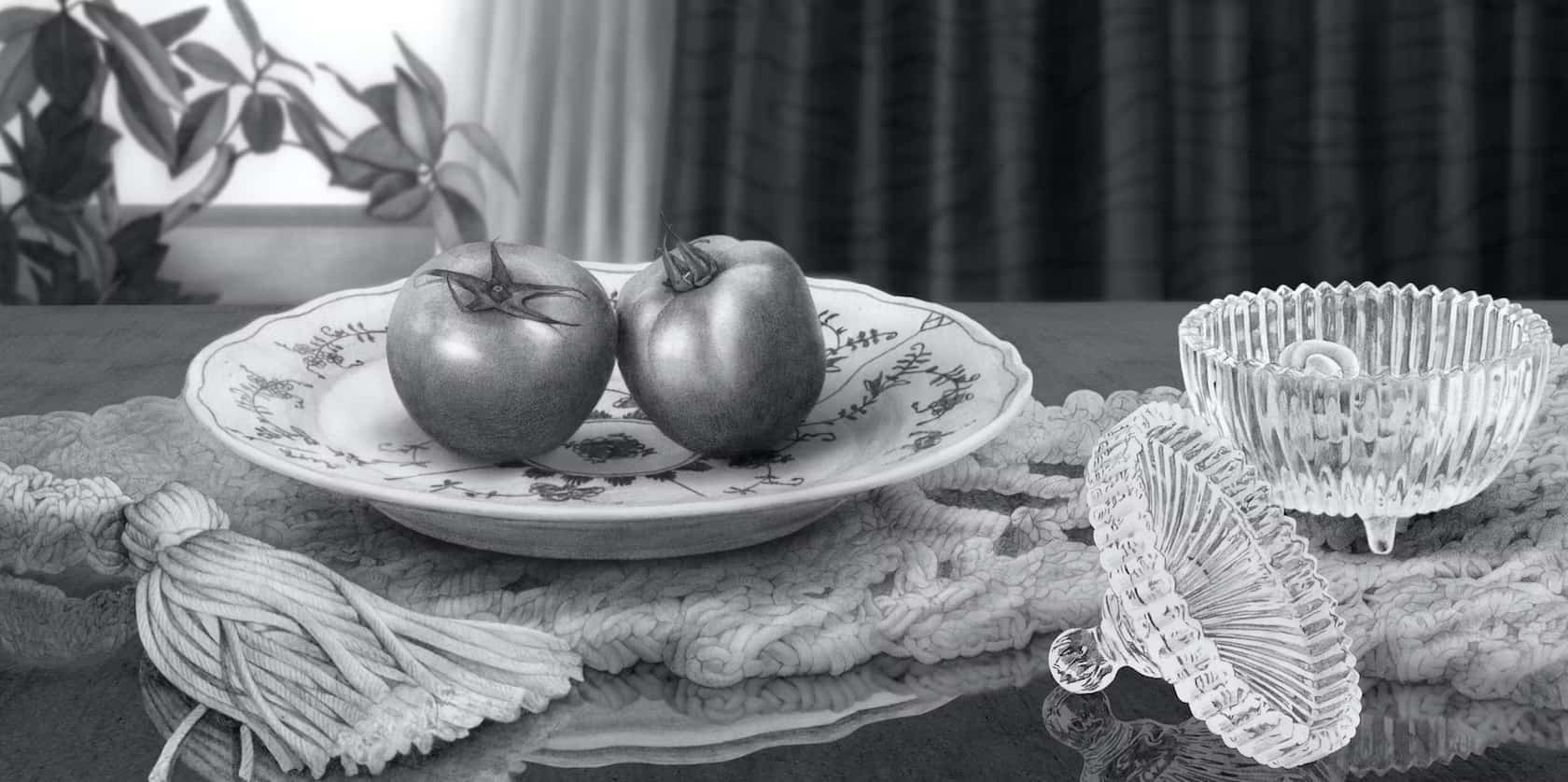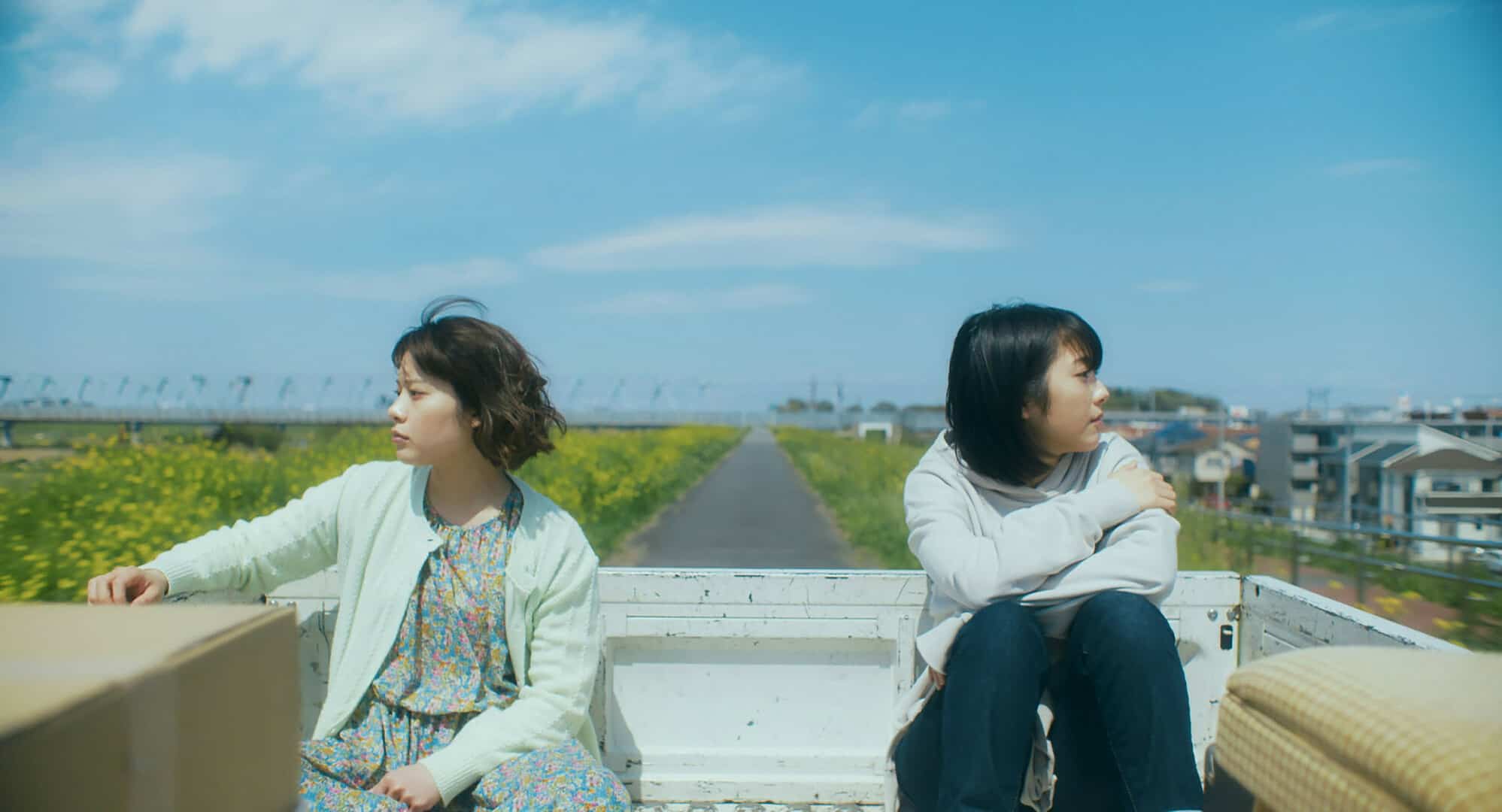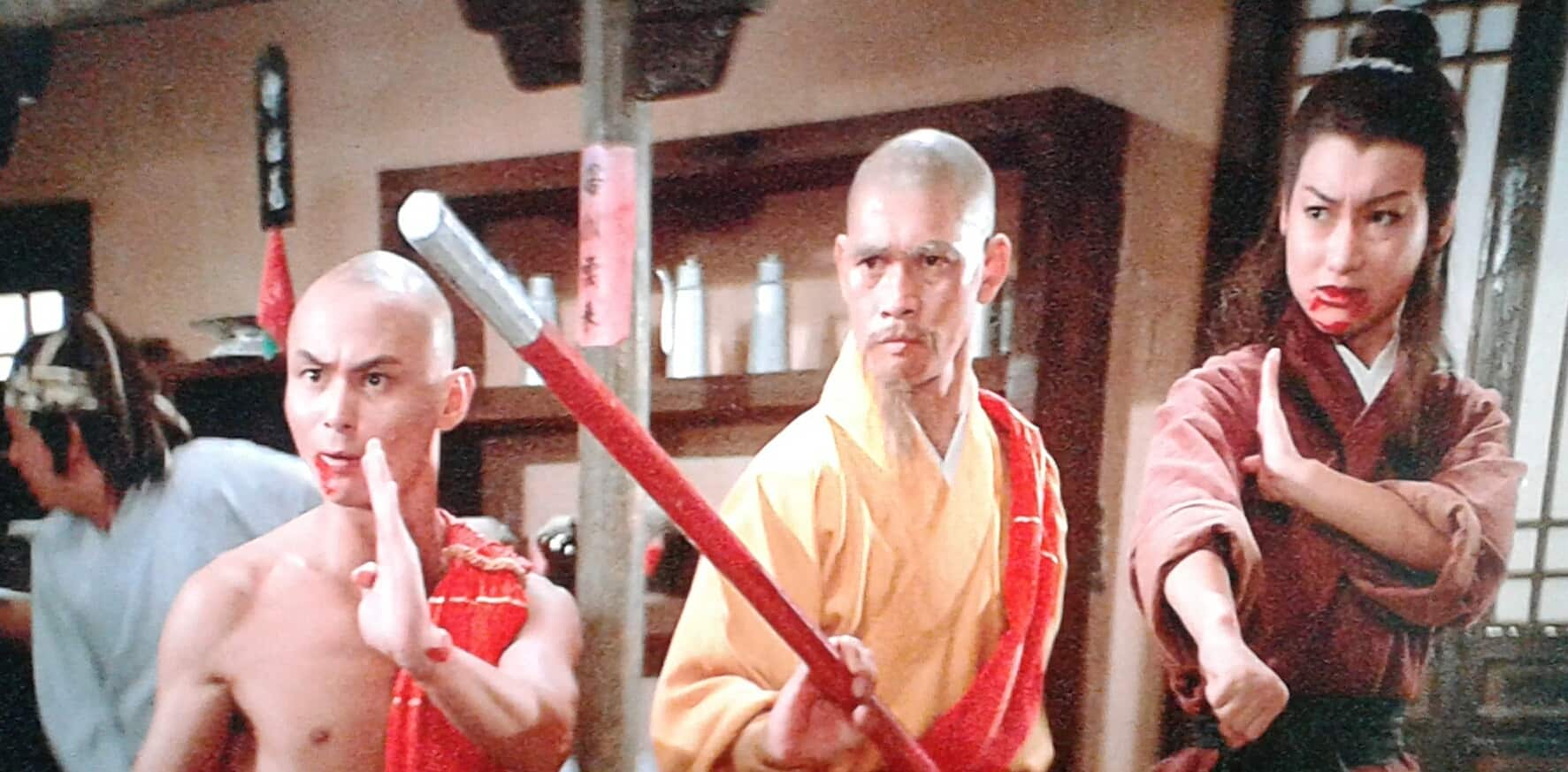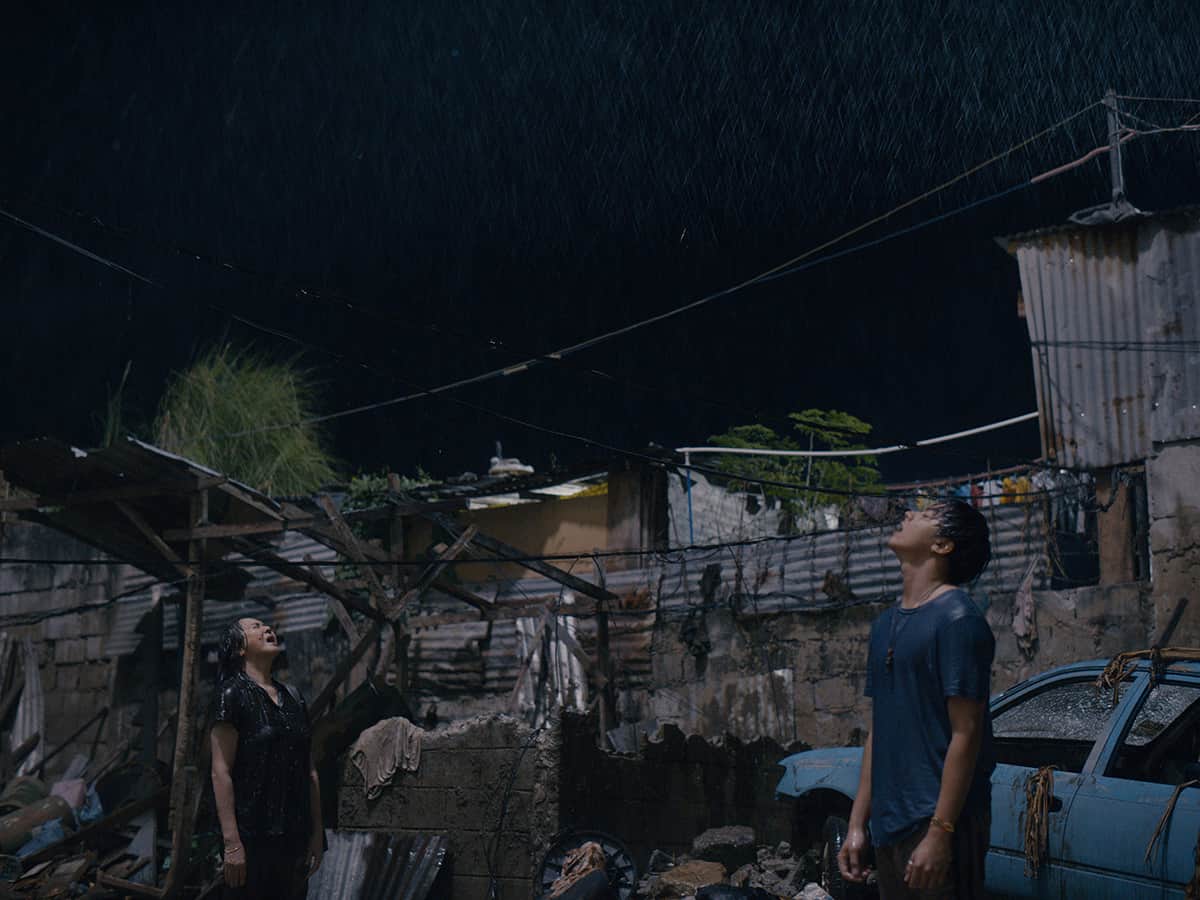The works of Turkish filmmaker Nuri Bilge Ceylan has often been labeled “slow cinema”, and thus have often been mentioned with the filmography of directors such as Lav Diaz or Bela Tarr. However, as we often see with the features of these filmmakers, the term is often confusing, derogatory even, as it attempts to focus solely on aspects like duration, but not the contextual reason why these stories need to be told in that particular pace. Perhaps one of the best examples for Ceylan's brand of “slow cinema” (if you really want to use that word) is his first feature “Kasaba” from 1997 which takes its time dealing with the story of a family living in a small rural town, with their struggles and conflicts in many ways reflecting the view on Turkish society, most specifically its problematic view on the past and its link to the present.
“Kasaba” is streaming on MUBI Europe
Over the course of the story, we observe the change of seasons in the small town, reflected in the weather conditions, but also various customs, such as the harvest season. Each day follows a specific routine, depending on the season, beginning with one day in winter where we follow Asiye (Havva Saglam) and her brother Ali (Cihat Bütün) to school. Upon noticing a bad smell in the classroom, their teacher finally confronts Asiye whose lunch obviously contains some rotten ingredients, an embarrassment for the girl, who starts to cry in class. Meanwhile, in spring, we follow their cousin Saffet (Mehmet Emin Toprak), who has been trying to find a job for quite some time, but, given the lack of offers, basically hangs around and passes the time going to the small fair that is in town.
During the maize harvest in the summer, the family gathers around a campfire in a small wood outside the village, celebrating the occasion. However, the conflicts within their family unit come to the surface with Asiye's and Al's father having an argument with Saffet, who he accuses of having no ambition. While their grandfather tries to settle the fight between them, it becomes a dispute about missed chances, especially regarding leaving their hometown for good and pursuing a better life.
Without a doubt, Ceylan's feature is definitely part of “slow cinema”, but this has nothing to do with its running time (which is relatively short), but rather with the time he takes to portray routines, the family dynamics and their conversation, which reveals a lot about their struggles and internal conflicts. Specifically the dialogue at the campfire takes up a lot of time and is the center of the narrative, highlighting the ideological, but also moral disparities within the family, while the children sit by the fire quietly and later on asleep, observing the events of the nights. This chasm within the family core becomes apparent in the argument of their father, played by Sercihan Alvoglu, and Saffet, showing the disparities between an intellectual and a rebel, ironically re-united by their inability to put their words into action, for example, when it comes to leaving behind the shackles of rural, village life, a point which they both find ways to criticize. Ceylan shows a quality of his work, which is based on taking the time to understand what sets people apart and their inability of coming to terms with failure, or perhaps even a wrong self-image.
At the same time, “Kasaba”, much like Ceylan's other features, seems to aim also at a different, much wider context. In the beginning we observe the schoolchildren in a snow fight, and later on throwing snowballs at a handicapped man, before swearing the oath to the nation of Turkey at the start of the school day, to honor the principles of respect and love. However, as the aforementioned camp fire-scene proves this kind of unity seems to be far apart from everyday reality, with the family members, reflecting different parts of the Turkish society, unsuccessfully trying to find ways of escaping their home.
In the end, “Kasaba” is a family drama, which can also be read as a reflection on Turkish society. Nuri Bilge Ceyland proves his status as a filmmaker with a keen eye on human flaws and conflicts, portraying fantasies of escaping as well as the broken dreams of his characters.


